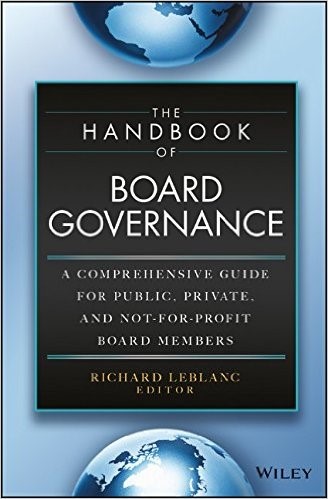Dear reader,
Welcome to the September 2016 edition of The Director’s Dilemma.
Our case study this month looks into the challenges that face executives transitioning to a non-executive role within their company. While it is acceptable for directors to be slightly more 'hands on' in smaller businesses there is still a line that cannot be crossed without undermining the role of management.
I hope you will enjoy this dilemma and the three suggested responses.
To read this email in your browser, go to www.mclellan.com.au/newsletter.html and click on 'read the latest issue'.
Hannah chairs her family business. She has worked in the business for most of her adult life and has always found it to be an engaging pursuit that fulfilled her on every level. She recently stepped down from the MD role to allow her daughter to take the helm whilst she was still around to help with any issues that might arise.
Hannah prepared for the transition. She did a course of director education and understands her duties as a non-executive. She loves her daughter, trusts her judgement as CEO and genuinely wants to see her succeed. Nothing is going wrong but Hannah can't help interfering. She is bored and longs for the days when she could visit customers or sit and strategise with her management team.
Once a week she has a formal meeting with the CEO in her office. In between times she is in frequent contact. Although by mutual agreement these contacts should be purely social or family oriented Hannah finds herself talking business and is hurt when her daughter suggests they leave it for the weekly meeting or put it onto the board agenda.
Over the past few months Hannah has improved governance, record-keeping, training and succession planning systems but she is running out of projects she can do without undermining her daughter. She also recognises that, as a medium sized unlisted business, the company does not need any more governance structures.
How can Hannah find fulfilment in her new role?



